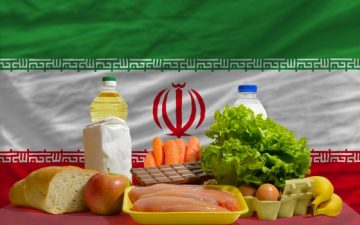Scientists have long known that human breast milk is high in dioxins, environmental contaminants that enter our diets when we ingest agricultural pesticides and pollution from plastics.
Researchers at the University of Rochester School of Medicine exposed pregnant mice to a dioxin known as TCDD. TCDD is one of a family of isomers known chemically as dibenzo-p-dioxins. The results showed that TCDD “caused severe defects in mammary gland development and function.”
The defects were noted during the earliest days of the pregnancy, according to the study. And it is during pregnancy, that mammary glands of mammals grow and develop to prepare for nourishing the new baby. What does this mean for us humans?
In the same way that we are seeing negative effects of environmental contaminants on the human reproductive system, the new study suggests an effect of dioxin on the mechanism of lactation. Scientists now suspect that exposure to a type of dioxin can affect development of mammary glands early in pregnancy, which may lead to low milk supply after birth.
High levels of dioxins in a pregnant woman’s system have the potential to cause birth defects in babies. In theory, dioxins in breastmilk can also harm babies, although studies have shown that even among populations exposed to high levels of dioxins, breastfed babies have better health and developmental outcomes than formula-fed babies.
Breastmilk contains more dioxins than cow’s milk because dioxins accumulate in animal fat and are only excreted to the fetus during pregnancy, and to the baby during lactation.
Humans are highest on the food chain, so they accumulate the dioxins from the fat of the animals they consume. Plastics and manmade pollution from fertilisers and pesticides are the source. This is a reason to eat organic foods, or at least to cut back on fat from meat, dairy and fish.
However, the antibodies and nutrients in breastmilk, along with the psychological benefits, far outweigh any negative effect of dioxins. Also, the baby’s exposure to dioxins is much greater in utero than while breastfeeding.
It is essential to eliminate environmental contaminants in order to keep breastmilk as pure and plentiful as it is meant to be.




2 thoughts on “Breastfeeding, plastics and dioxin”
Comments are closed.